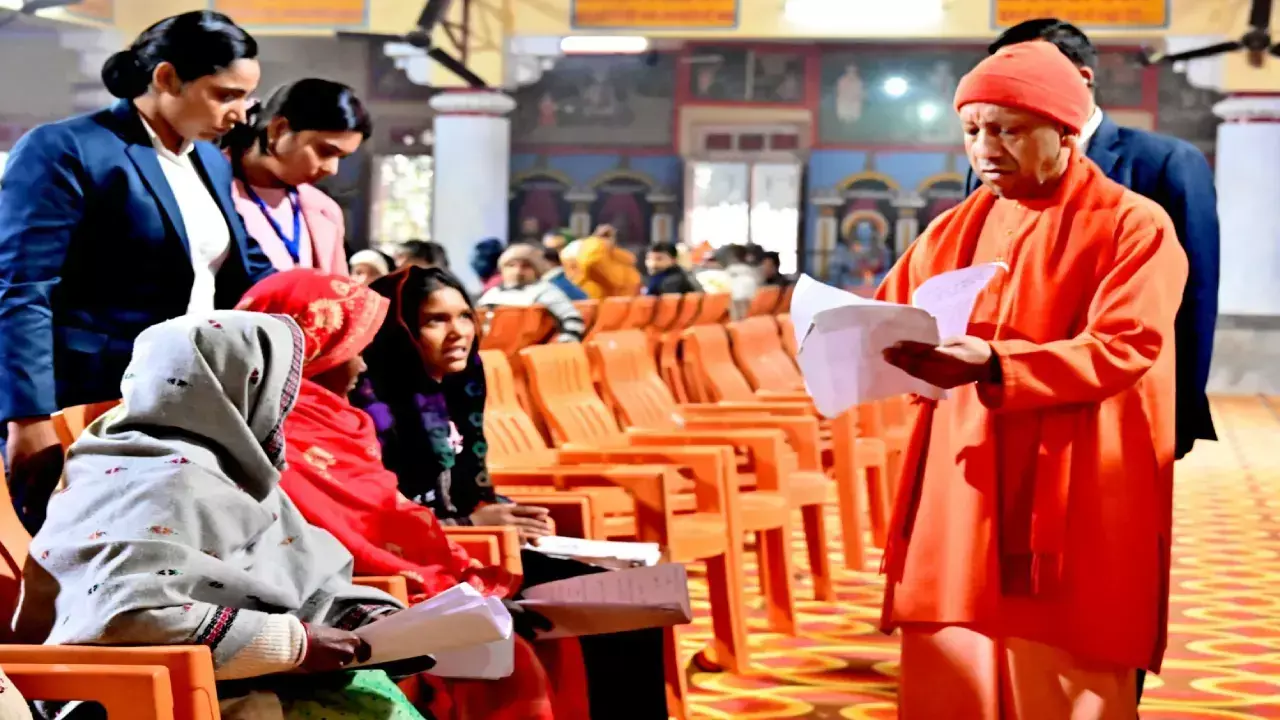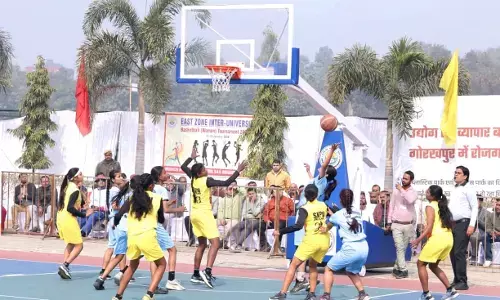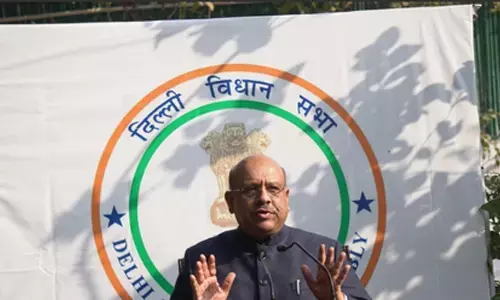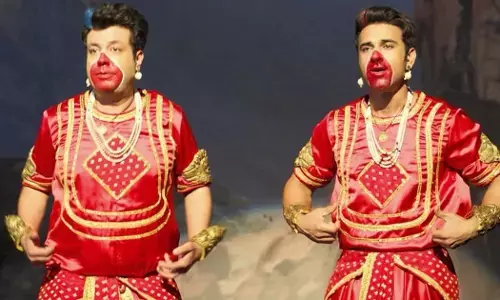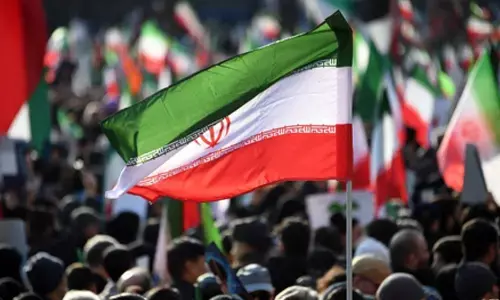Objection my lord! NJAC is constitutional
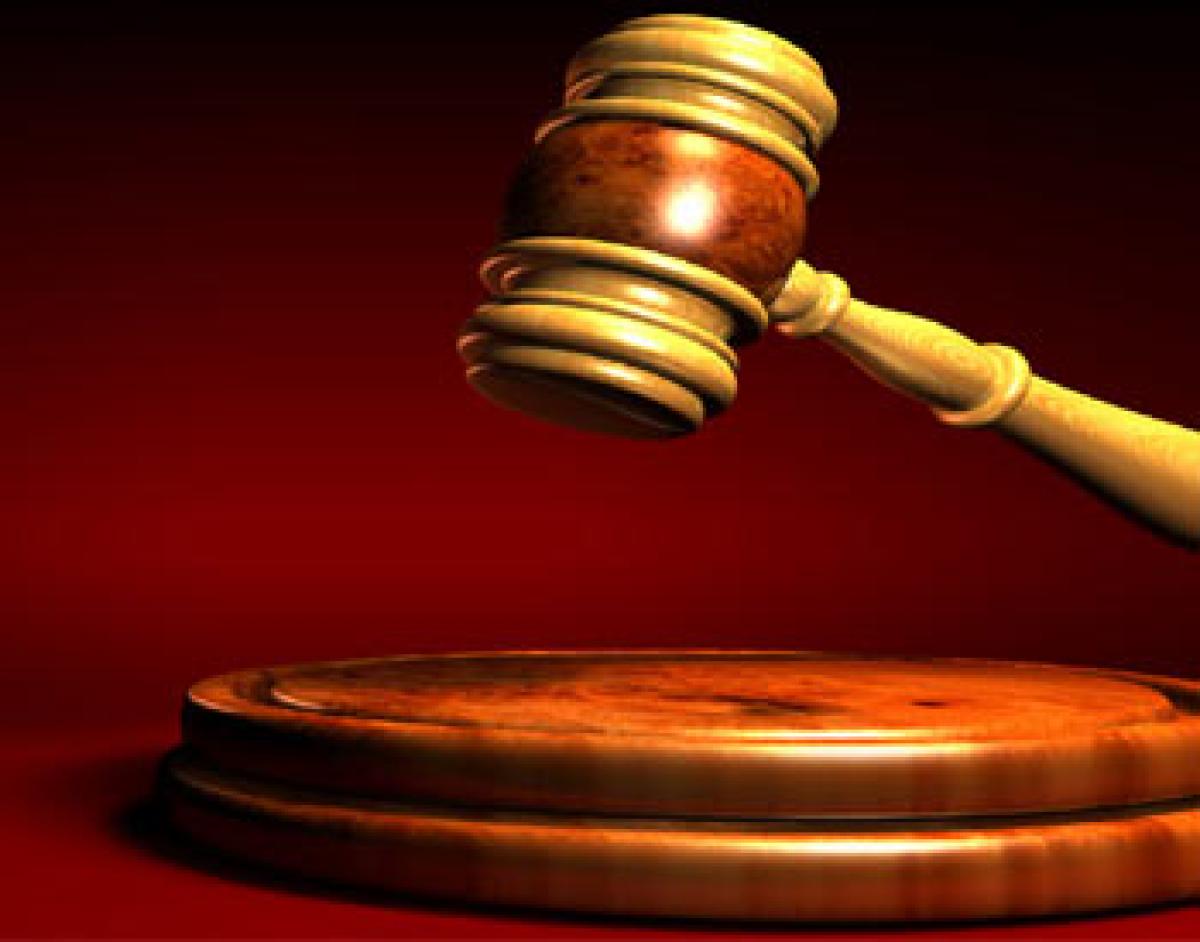
Objection my lord! NJAC is constitutional. The NJAC Bill 2014 has been through the grind of constitutional process, like any other constitutional amendment.
.jpg) Is the Supreme Court on its way to transform into a Judiciary Junta to rule this country unilaterally?
Is the Supreme Court on its way to transform into a Judiciary Junta to rule this country unilaterally?
The latest ruling of Supreme Court holding National Judicial Appointments Commission (NJAC) unconstitutional and upholding ‘Collegium’ system to appoint Supreme Court and High Court judges triggers a fundamental debate: ‘Is Supreme Court above Indian Constitution?’
If NJAC which has been established through the 99th constitutional amendment with due constitutional process enshrined in the Indian Constitution is unconstitutional, according to the Supreme Court, then what is constitutional?
The NJAC Bill 2014 has been through the grind of constitutional process, like any other constitutional amendment. It was passed on the 13th of August 2014 in Lok Sabha, on the 14th of August 2014 in Rajya Sabha.
It was ratified and passed by 16 legislative assemblies. It was approved and signed by the President of India on the 31st of December 2014. On 13th April 2015, it came into force as the National Judicial Appointments Commission Act 2014.
The Article 124 (a) constitutes and establishes the NJAC as per the Constitution of India. However, the Supreme Court in its verdict has considered it as unconstitutional. The ruling is not just unsettling, but cocky too.
It has potential to trigger a turf war amongst the 3 branches of the state. The Indian Constitution is supreme. Legislature, Executive and Judiciary, the three branches of the state, are subservient to the Constitution of India.
They are bound by it and none is aboveboard. Legislature reports to the parliament & the legislative assemblies, Executive reports to the legislature. However so far, the Judiciary had its way to report to none.
Any branch of state which is not bound by checks & balances has natural propensity to transgress its duties and limits. It’s the nature of any overtly independent organisation or individual. Absolute power corrupts absolutely.
After the 1981 S Gupta Vs Indian Union & 1993 SCAORA Vs Indian Union case, the Supreme Court has formulated its own mechanism of appointment of judges through a system of ‘Collegium.’
It’s important to know that neither in the original Indian Constitution nor through any form of constitutional amendment since 1993 does the Constitution provide for a ‘Collegium’ system.
In fact as on today, the Indian Constitution does not recognise this body. The most powerful questions to be asked now are: ‘Is Collegium’ constitutional & how? If NJAC is not constitutional, is a constitutional amendment unconstitutional? Does Article 124 (a) have no constitutional relevance? Don’t parliament-driven constitutional decisions reflect the popular decisions of the nation? Has the Supreme Court verdict lowered the supreme direction of the Indian Constitution? Has it rendered the fundamental parliamentary institutional process invalid? Is the Supreme Court on its way to transform into a Judiciary Junta to rule this country unilaterally? Is the Supreme Court literally overriding the Indian Constitution?
It’s not just the Government of India but all political parties and educated, well-informed Indians must rise to the occasion to ensure there’s a debate across the country on these very important questions that the Supreme Court verdict on NJAC has raised. It’s important that we protect, what protects us – ‘The Indian Constitution.’ (The author is a BJP spokesperson, organisational strategist & author)
By Krishna Saagar Rao








